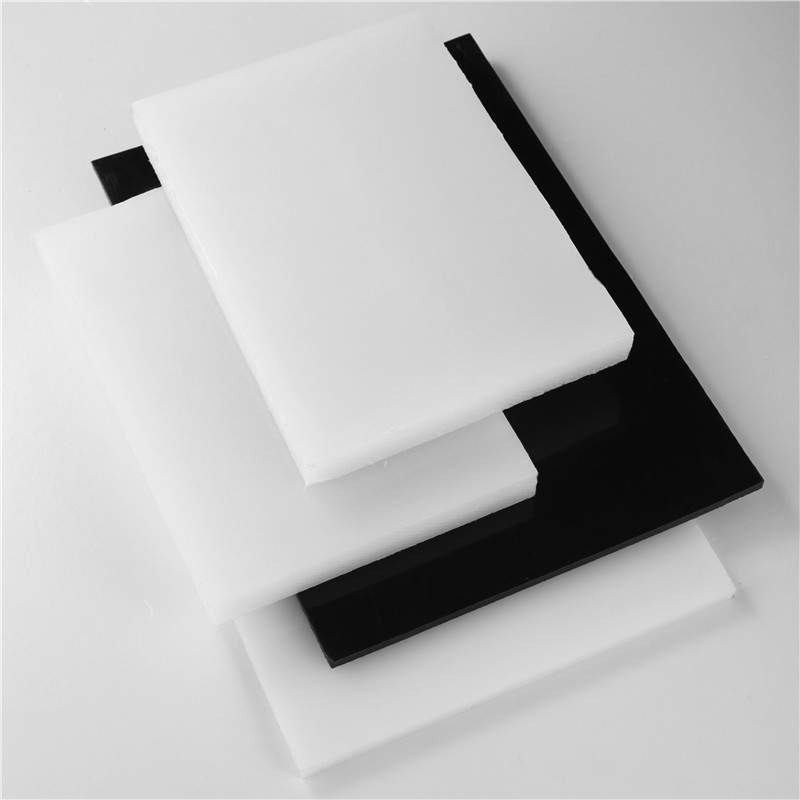ഒക്ട് . 12, 2024 04:35 Back to list
hdpe drainage pipe
Understanding HDPE Drainage Pipes A Comprehensive Overview
High-Density Polyethylene (HDPE) drainage pipes are increasingly becoming a popular choice for various drainage applications due to their strength, resistance, and versatility. Made from high-quality thermoplastic polymer, HDPE pipes have several advantages that make them ideal for managing water flow in both residential and commercial settings.
What is HDPE?
HDPE, or High-Density Polyethylene, is a thermoplastic made from petroleum. It is characterized by its great tensile strength, low-density, and resistance to impact and chemicals. These properties make HDPE an ideal material for drainage systems, as it can withstand harsh environmental conditions while maintaining its structural integrity over time.
Advantages of HDPE Drainage Pipes
1. Durability and Longevity HDPE pipes are designed to last for decades. Their resistance to corrosion and chemicals ensures that they do not break down over time, even when exposed to aggressive environments. This makes them suitable for various applications, from agricultural drainage to municipal wastewater systems.
2. Flexible and Lightweight Unlike traditional concrete or metal pipes, HDPE pipes are lightweight and flexible. This flexibility allows for easier installation, particularly in areas with challenging terrains. Additionally, their low weight reduces shipping costs and labor expenses associated with installation.
3. Smooth Interior Surface The smooth interior surface of HDPE pipes minimizes friction and allows for efficient water flow. This decreases the likelihood of clogs and backups, ensuring that drainage systems operate effectively over time. The smooth surface also aids in self-cleaning, further reducing maintenance requirements.
hdpe drainage pipe

4. Resistance to Root Intrusion One of the challenges faced by traditional drainage systems is root intrusion, where tree roots can penetrate pipes and cause blockages. HDPE pipes, however, are highly resistant to such issues, making them a reliable choice for drainage solutions in areas with dense vegetation.
5. Environmental Benefits HDPE is a recyclable material, unlike many alternatives that can contribute to environmental degradation. By choosing HDPE for drainage applications, builders and contractors are making environmentally responsible decisions that contribute to sustainability.
6. Cost-Effectiveness While the initial investment for HDPE pipes may be higher than some alternatives, their longevity and low maintenance needs translate to significant cost savings over time. They are particularly cost-effective in the long run when considering the savings related to repairs, replacements, and maintenance.
7. Versatile Applications HDPE drainage pipes can be used in various applications, including stormwater management, agricultural drainage, industrial wastewater disposal, and septic systems. Their versatility makes them suitable for a wide range of projects, from small residential installations to large municipal projects.
Installation Considerations
Installing HDPE drainage pipes requires careful planning and execution. Proper assessments of soil conditions, drainage needs, and local regulations must be made before installation. Additionally, the installation should ensure that pipes are appropriately sloped to facilitate water flow and prevent stagnation. Collaborating with experienced professionals can advise on the best practices for installation, ensuring optimal performance and longevity of the drainage system.
Conclusion
HDPE drainage pipes represent a revolutionary approach to managing water flow and drainage. Their numerous advantages, including durability, flexibility, and cost-effectiveness, make them an ideal choice for various applications. As more builders and contractors recognize the benefits of HDPE over traditional materials, it is likely that this material will continue to gain popularity in the field of drainage solutions. When planning a drainage project, considering HDPE pipes can lead to a sustainable, efficient, and long-lasting outcome, ultimately benefiting both the environment and the infrastructure it serves.
-
Transparent PVC Pipe: Clear Flexible Tubing for Fluids
NewsAug.09,2025
-
Durable PP Rigid Sheet: Versatile & High-Quality Plastic Panels
NewsAug.08,2025
-
Premium Glossy PP Rigid Sheet – Durable & Versatile
NewsAug.07,2025
-
High-Quality HDPE Sheet | Durable Plastic Panels
NewsAug.06,2025
-
High-Precision PVC Rigid Sheets for Vacuum Forming | AI-Optimized
NewsAug.05,2025
-
Durable PVC-M Water Supply Pipes | 60-Year Life
NewsAug.04,2025

